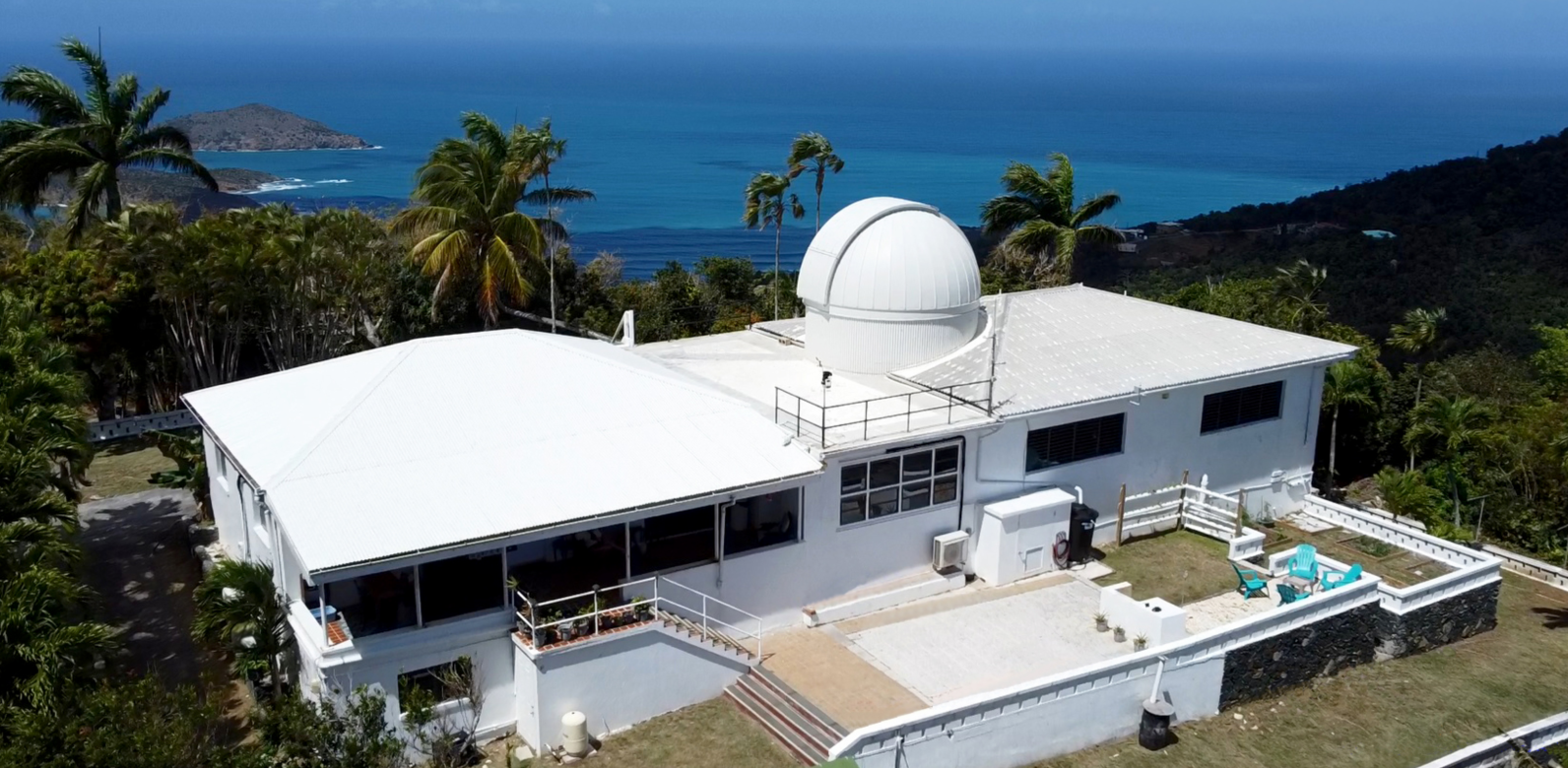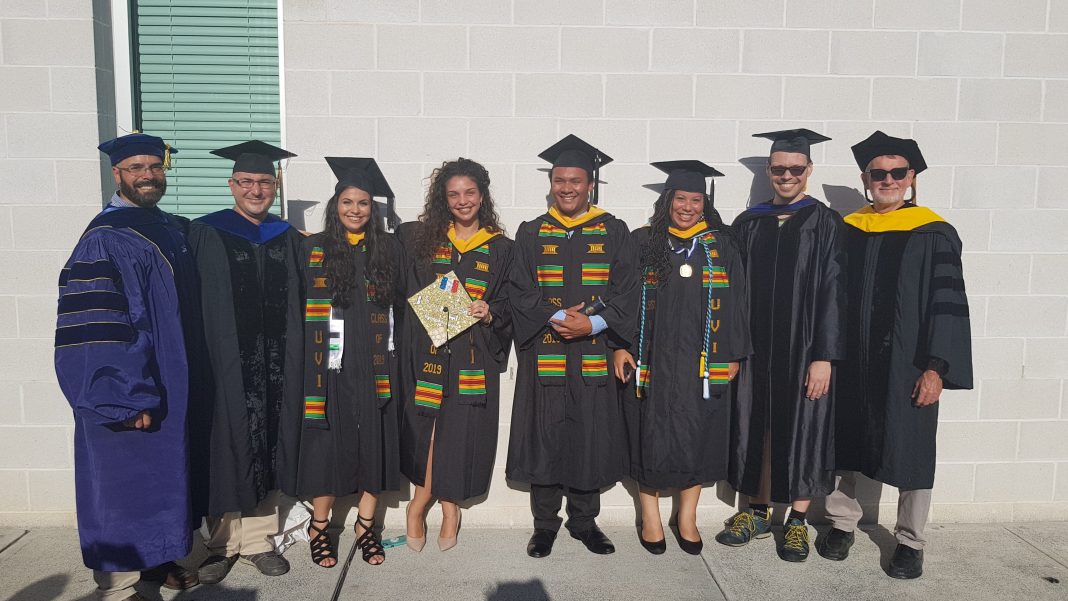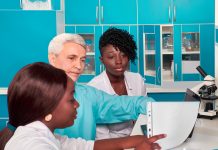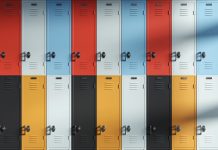Dr David Morris, Director of the Etelman Observatory, discusses the importance of improving diversity, equity & inclusiveness, particularly in the STEM disciplines, including physics, astrophysics & astronomy
Improving diversity, equity, and inclusiveness is at the forefront of the U.S. effort to improve graduation rates in technical disciplines critical for the future workforce. We have long appreciated that, particularly in the STEM disciplines, barriers exist to recruiting, training, and retaining talented students from groups that have been traditionally underrepresented in STEM. This is concerning both due to the Nation’s immediate need for a technical workforce in sufficient numbers and because it echoes the Nation’s history of racial and socioeconomic inequality. The importance of diversity, equity, and inclusion in all areas of our global culture has been brought into sharp relief over the last two years during the COVID-19 pandemic. In higher education, the pandemic required rapid shifts from traditional in-person teaching and learning methods to a fully-online model in a matter of weeks or, in some cases, days. Even for those students who were able to quickly transition to online schooling effectively, the last two years have been a struggle, but for those students who lack reliable Internet service and devices to connect online, the last two years have been immensely more challenging still.
The inequity of learning accommodations for COVID-19, unfortunately, only reflects a situation that has persisted in STEM higher education for decades. Students who are well prepared to succeed in higher education due to their training in well-supported and well-resourced pre-university schools demonstrate higher levels of performance early-on in university, and so tend to be selected for and encouraged to continue in activities that, research shows, will lead to future success in technical fields. These activities, including personal attention, hands-on research, presentation and conference attendance opportunities and more, have been shown to benefit all students’ growth in their career paths, but such opportunities generally go to the students who are already demonstrating strength in these areas since they naturally draw the attention of professors and researchers looking for “talented” new students. Unfortunately, though, this feedback loop also leads to students from less-privileged backgrounds, who may nevertheless be equally fundamentally talented and capable in STEM fields, being discouraged from continuing to develop their skills. This situation naturally leads to the U.S. preferentially selecting from only a small subset of its entire student population for highly technical future careers. Given the future’s insatiable need for technical workers, this situation must be addressed head-on.
Physics, astrophysics & astronomy

Perhaps nowhere in the STEM fields is the lack of diversity felt more acutely than in the fields of physics and astrophysics. Concerted efforts to improve gender and racial diversity in these fields over the past two decades have led to significant progress in gender diversity (particularly in astrophysics) but racial diversity has remained stubbornly difficult to improve in both physics and astrophysics. At the University of the Virgin Islands, we have been addressing this substantial challenge with a new degree program in physics and astronomy since 2019.
The University of the Virgin Islands (UVI) is a 2,000 student liberal arts university situated across two campuses on the U.S. Virgin Islands of St. Thomas and St. Croix. It was established in 1962 and is the only institute of higher education in the USVI, serving a local population of approximately 100,000 residents. The USVI’s historical economic focus is on tourism. Recent events, however, including the recovery from two category-5 hurricanes that made landfall within two weeks in 2017 and the recovery from the COVID-19 pandemic, have shown that such a highly-focused reliance on tourism for economic prosperity can be risky in times of crisis. The territory has long sought to develop the local industry to diversify the economic base, but training and retaining technical workers in the territory has always been a challenge. While the USVI has no higher or lower a fraction of talented students than anywhere else in the world, the limited population base makes each of our trained students ever-dearer to the local community and its economic well-being. Yet, due to the historical lack of physics and engineering offerings at the University of the Virgin Islands, students aspiring to degrees in these areas, precisely the students the territory needs to train and retain to help develop its economy, all-too-often have left the territory for technical training at universities in the mainland U.S. and oftentimes have remained in the mainland U.S. for future job opportunities.
UVI has begun to address both problems stated above by establishing a B.S. in physics program that can locally train USVI students in physics, the core fundamental discipline underlying all of engineering, in four years, completed fully in the USVI. Due to the presence of the Etelman Observatory at UVI and a preponderance of astrophysics faculty working in the physics program at the University, it was natural to make astrophysics research a core tenet of training students in the physics program, and a concentration in astronomy was made a core element of UVI’s new physics degree.
We have found exciting success at UVI over the past three years since graduating our first class of Physics B.S. students with a concentration in Astronomy in 2019. Over the past four years, UVI has produced 11 Physics B.S. graduates, accounting for approximately 2% of the Nation’s physics B.S. degrees awarded to African American students over that time. This is a truly remarkable achievement for a university that accounts for roughly 0.1% of the Nation’s African American college students. The lessons we have learned from our experience in training students in these fields can be instructive to other universities, agencies, and industries seeking to improve diversity and train and retain talented students from all backgrounds.
1 – Recruitment of talented students requires communication
While very few (or none) of UVI’s students come to UVI seeking astrophysics for a career, many find that physics with a concentration in astronomy can be an excellent path to a future career in fields that they may be more interested in (engineering, medicine, data science and more). This generally does not happen through students’ self-study, however! We have had success in making presentations to incoming student groups to help them understand potential future career opportunities that can be opened by studying a technical field with core fundamental courses in physics.
2 – Retaining talented students is aided through strong peer support
We have had success at UVI keeping students involved in student peer groups (the National Society of Black Engineers and the National Society of Black Physicists are examples of two student groups that have been very popular). These group meetings give students an opportunity to meet regularly to share struggles and successes and help them build a sense of identity as a physics student. Many studies have shown that building such a sense of identity as a student is key to retention, especially in the face of challenging circumstances.
3 – Retaining talented students is aided through strong faculty support
We have found that there is no magic prescription for helping students that do not have the same level of background preparation due to weaker pre-university training. Additional personal instruction time with faculty helps combat and correct this, but faculty do not have unlimited time. A technique that has been very effective in augmenting faculty resources in this area at UVI is an each-one-teach-one or peer-led-learning modality where senior students are used as peer-instructors to teach more junior students. This activity gives faculty additional instruction hours that they can deploy to help struggling students and it also gives the peer-instructors valuable opportunities to relearn material in new and flexible ways as they are required to teach it to someone else.
4 – Hands-on research activities both provide students with financial motivation and resources to stay involved in the program and give them hands-on skills to cement their learning and provide employable future skills.
We require that every student be involved in research each summer and, if possible, during the academic year. These projects range from astronomical observing with our Virgin Islands Robotic Telescope to building hardware in our astrophysics instrumentation lab to working on hydrodynamical simulations of collapsing stars. In all cases, the experience of working closely with caring and engaged mentors is of even greater value than the particular technical topic of the project itself. These students get opportunities to interact closely with research mentors, to present their work to peers and research collaborators at other universities and labs, and the opportunity to travel to national and international conferences to present their work.
The combination of these activities has led to both excellent retention and success in our graduates’ future paths. Of our 11 graduates, four have gone on to graduate school (and
several more are in the process of applying to graduate school), four are currently employed in the UVI physics research labs and teaching program, two are currently employed in technical fields elsewhere in the USVI, and one is employed in a technical field in the mainland U.S.
Closing remarks
While we know that the University of the Virgin Islands is a unique University in many ways, we feel the lessons learned through our exercise of standing up a physics program from scratch and developing successful graduates has provided a real-world experiment that validates many of the techniques for recruiting, training and retaining students in these technical disciplines. We look forward to many future years and future physics graduates from the University of the Virgin Islands Physics program.
Please note: This is a commercial profile
© 2019. This work is licensed under CC-BY-NC-ND.
Contributor Profile
Editor's Recommended Articles
-
Must Read >> Is there LGBTQ+ discrimination in STEM academia?
-
Must Read >> New data examines presence of LGBTQ people in STEM

















